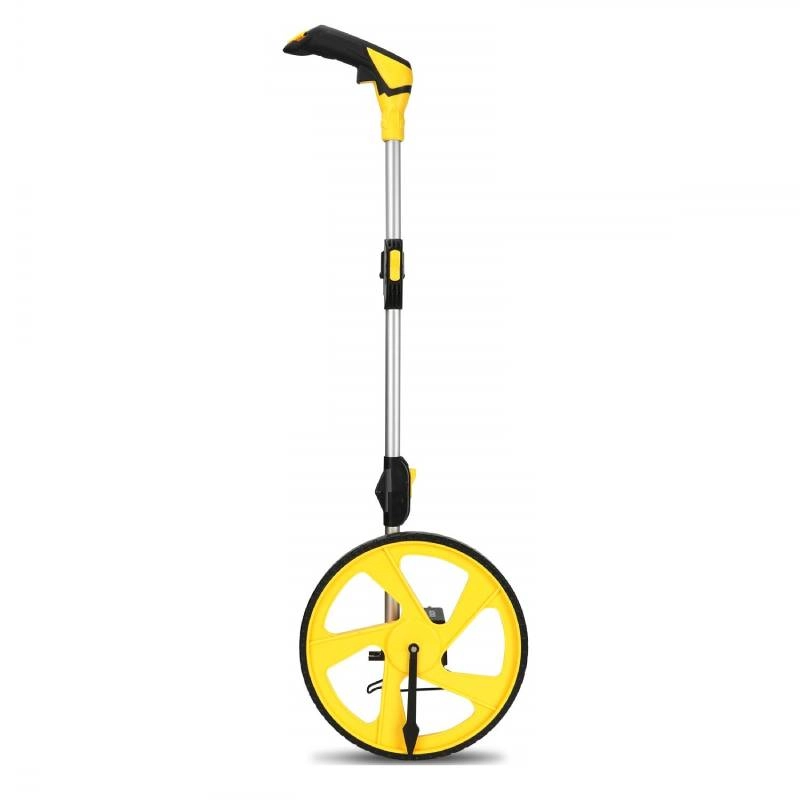
-
 Afrikaans
Afrikaans -
 Albanian
Albanian -
 Amharic
Amharic -
 Arabic
Arabic -
 Armenian
Armenian -
 Azerbaijani
Azerbaijani -
 Basque
Basque -
 Belarusian
Belarusian -
 Bengali
Bengali -
 Bosnian
Bosnian -
 Bulgarian
Bulgarian -
 Catalan
Catalan -
 Cebuano
Cebuano -
 Corsican
Corsican -
 Croatian
Croatian -
 Czech
Czech -
 Danish
Danish -
 Dutch
Dutch -
 English
English -
 Esperanto
Esperanto -
 Estonian
Estonian -
 Finnish
Finnish -
 French
French -
 Frisian
Frisian -
 Galician
Galician -
 Georgian
Georgian -
 German
German -
 Greek
Greek -
 Gujarati
Gujarati -
 Haitian Creole
Haitian Creole -
 hausa
hausa -
 hawaiian
hawaiian -
 Hebrew
Hebrew -
 Hindi
Hindi -
 Miao
Miao -
 Hungarian
Hungarian -
 Icelandic
Icelandic -
 igbo
igbo -
 Indonesian
Indonesian -
 irish
irish -
 Italian
Italian -
 Japanese
Japanese -
 Javanese
Javanese -
 Kannada
Kannada -
 kazakh
kazakh -
 Khmer
Khmer -
 Rwandese
Rwandese -
 Korean
Korean -
 Kurdish
Kurdish -
 Kyrgyz
Kyrgyz -
 Lao
Lao -
 Latin
Latin -
 Latvian
Latvian -
 Lithuanian
Lithuanian -
 Luxembourgish
Luxembourgish -
 Macedonian
Macedonian -
 Malgashi
Malgashi -
 Malay
Malay -
 Malayalam
Malayalam -
 Maltese
Maltese -
 Maori
Maori -
 Marathi
Marathi -
 Mongolian
Mongolian -
 Myanmar
Myanmar -
 Nepali
Nepali -
 Norwegian
Norwegian -
 Norwegian
Norwegian -
 Occitan
Occitan -
 Pashto
Pashto -
 Persian
Persian -
 Polish
Polish -
 Portuguese
Portuguese -
 Punjabi
Punjabi -
 Romanian
Romanian -
 Russian
Russian -
 Samoan
Samoan -
 Scottish Gaelic
Scottish Gaelic -
 Serbian
Serbian -
 Sesotho
Sesotho -
 Shona
Shona -
 Sindhi
Sindhi -
 Sinhala
Sinhala -
 Slovak
Slovak -
 Slovenian
Slovenian -
 Somali
Somali -
 Spanish
Spanish -
 Sundanese
Sundanese -
 Swahili
Swahili -
 Swedish
Swedish -
 Tagalog
Tagalog -
 Tajik
Tajik -
 Tamil
Tamil -
 Tatar
Tatar -
 Telugu
Telugu -
 Thai
Thai -
 Turkish
Turkish -
 Turkmen
Turkmen -
 Ukrainian
Ukrainian -
 Urdu
Urdu -
 Uighur
Uighur -
 Uzbek
Uzbek -
 Vietnamese
Vietnamese -
 Welsh
Welsh -
 Bantu
Bantu -
 Yiddish
Yiddish -
 Yoruba
Yoruba -
 Zulu
Zulu


Aug . 13, 2024 02:16 Back to list
Durable Stainless Steel Chain Block for Heavy Lifting and Rigging Applications with Enhanced Reliability
The Advantages of Stainless Steel Chain Blocks
Stainless steel chain blocks, also known as chain hoists, are essential tools in a variety of industrial and construction applications. They are primarily used for lifting heavy loads and are characterized by their robust durability, reliability, and resistance to corrosion. This article explores the features, benefits, and applications of stainless steel chain blocks, emphasizing why they are a preferred choice in many sectors.
Construction and Design
Stainless steel chain blocks are designed using high-quality stainless steel materials, which provide exceptional durability. Unlike conventional carbon steel or aluminum blocks, stainless steel is resistant to rust and corrosion, making it ideal for use in environments where moisture or chemicals may be present. The design of these chain blocks typically includes a series of gears and pulleys that work together to allow smooth, efficient lifting of heavy loads. The incorporation of a high-tensile chain further enhances their capability, enabling them to lift weights from one ton to several tons, depending on the specific model and design.
Corrosion Resistance
One of the most significant advantages of stainless steel chain blocks is their corrosion resistance. In industries such as marine, food processing, and pharmaceuticals, where exposure to harsh chemicals and moisture is common, stainless steel chain blocks maintain their integrity and functionality over time. This resistance not only extends the lifespan of the equipment but also reduces maintenance costs, as there is less likelihood of rust or other forms of deterioration.
Safety Features
stainless steel chain block

Safety is a paramount concern in any lifting operation, and stainless steel chain blocks are equipped with various safety features to ensure secure handling of loads. Many models include built-in overload protection, which prevents the block from lifting loads that exceed its capacity, reducing the risk of accidents or equipment failure. Additionally, the smooth operation of the chain and gears minimizes the chances of sudden jerks or drops, ensuring a safer working environment for operators.
Versatility and Applications
Stainless steel chain blocks are versatile tools that can be used in a wide range of applications. In construction sites, they are invaluable for lifting heavy materials like steel beams, concrete blocks, and machinery. In warehouses and distribution centers, they facilitate efficient material handling and inventory management. Furthermore, in workshops and factories, they are used for assembly, installation, and maintenance tasks. Their ability to operate in various conditions makes them a preferred choice for professionals in multiple sectors, including automotive, marine, and manufacturing.
Environmental and Economic Benefits
In addition to their practical advantages, stainless steel chain blocks also contribute to environmental sustainability. The longevity and durability of stainless steel reduce the frequency of replacements, leading to less waste and lower overall environmental impact. Moreover, their efficiency in lifting reduces energy consumption during operations, resulting in cost savings for businesses over time.
Conclusion
In summary, stainless steel chain blocks are indispensable tools that offer a combination of durability, safety, and versatility. Their excellent resistance to rust and corrosion ensures reliability in challenging environments, while their robust construction facilitates the lifting of heavy loads with ease. Whether in construction, manufacturing, or warehouse operations, these chain blocks provide an effective solution for material handling challenges. By investing in stainless steel chain blocks, businesses can enhance productivity, reduce downtime, and ensure a safer working environment for their employees.
Latest news
Understanding Earth Wiring and Grounding: Essential Components for Electrical Safety
NewsAug.15,2025
The Ultimate Guide to Cable Pulling Tools and Equipment for Efficient Installations
NewsAug.15,2025
Streamline Your Projects with Advanced Cable Pulling Equipment
NewsAug.15,2025
Simplify Cable Installation with Advanced Cable Pulling Tools and Equipment
NewsAug.15,2025
Essential Guide to Link Sticks and Hot Sticks for Electrical Safety and Line Work
NewsAug.15,2025
Efficient Solutions for Cable Installation: Your Guide to Cable Pulling Winches and Equipment
NewsAug.15,2025








